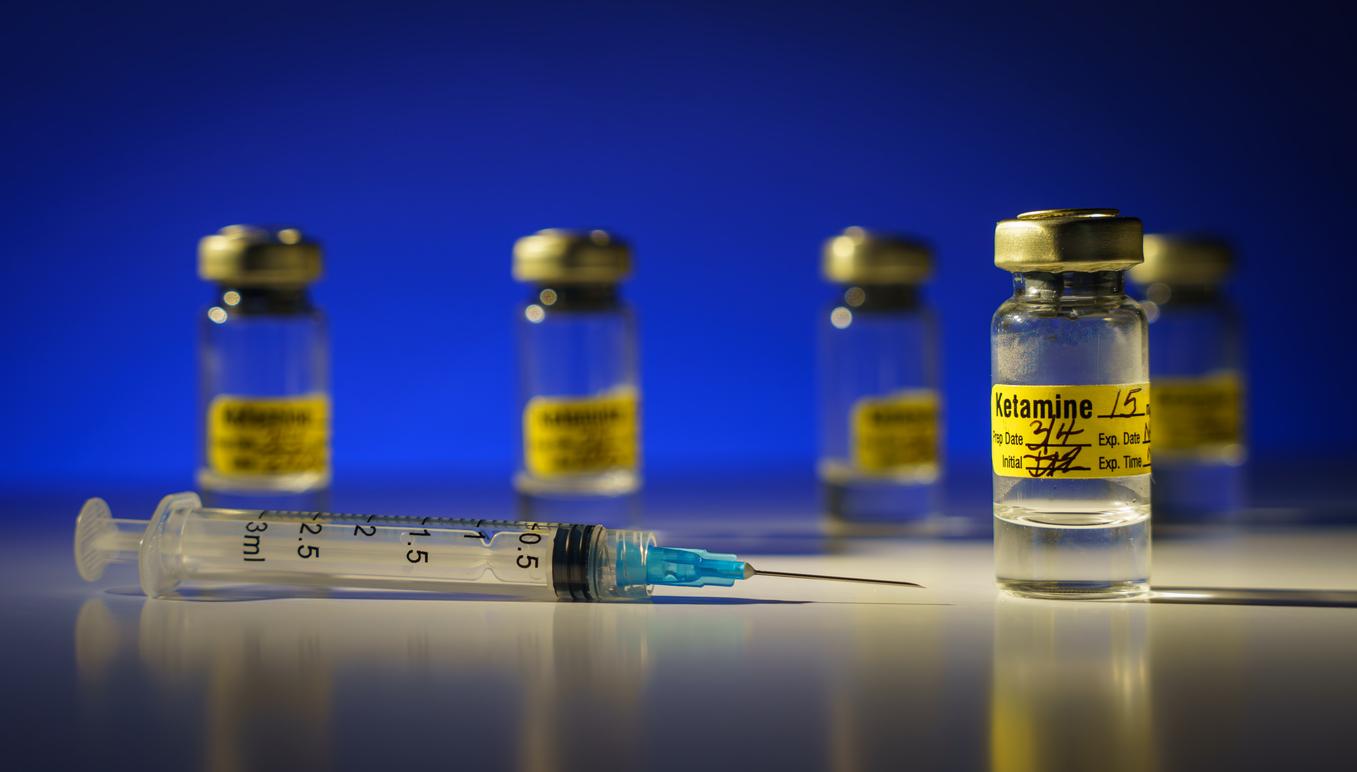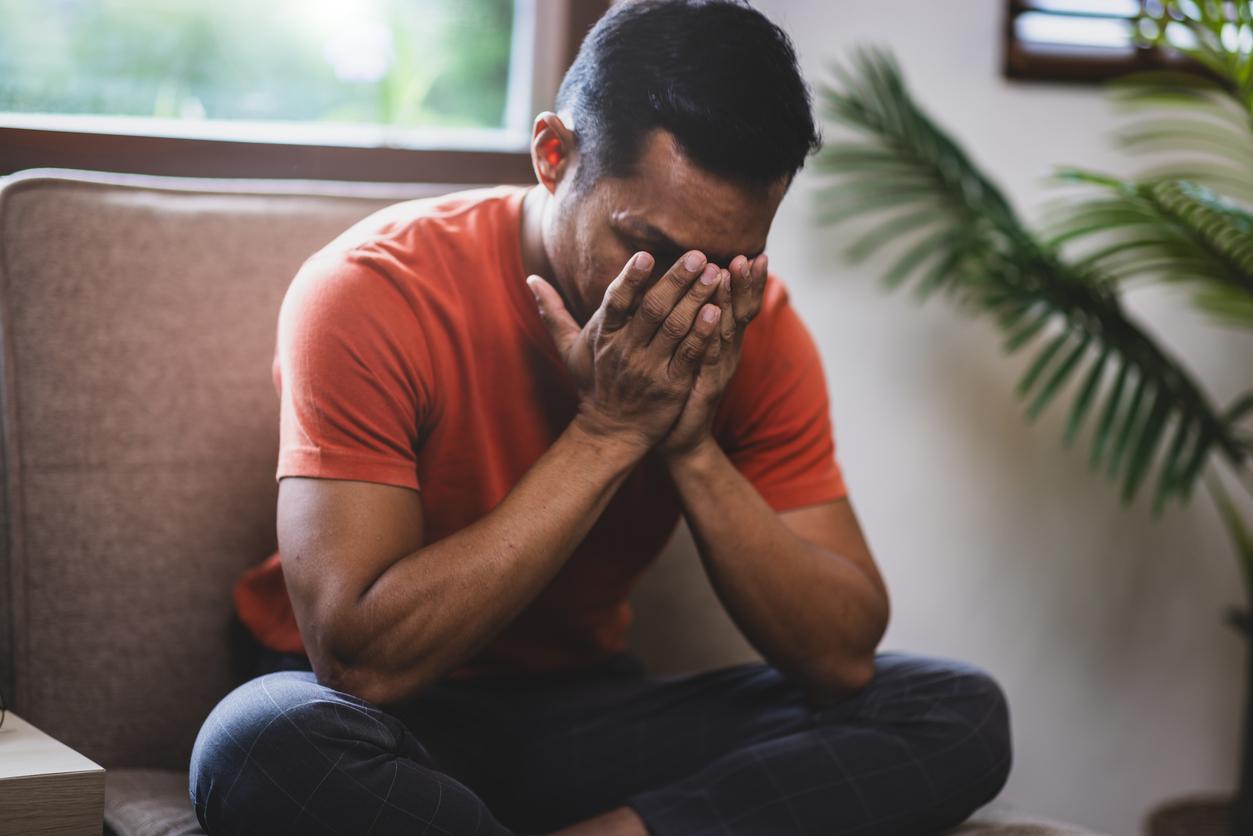Online psychotherapy sessions may be more effective than face-to-face consultations for people with anxiety or depression, according to a new British study.

- A study of 27,500 patients in the British health system reveals that online therapies can be more effective than face-to-face for depressive and anxiety disorders.
- Among other things, they allow faster treatment of disorders, and therefore faster improvement in mental state as well.
- Among other things, they allow faster treatment of disorders, and therefore a faster improvement in mental state as well.
- For the main author, we must develop an online therapy offering.
Online therapies have developed since the Covid-19 pandemic, when lockdowns forced psychologists and psychiatrists to find alternative care for their patients suffering from mental health disorders stuck at home. Many experts have since questioned the effectiveness of these remote sessions. According to a new study conducted in the United Kingdom, they are as effective as or even more effective than face-to-face meetings in treating anxiety and depression.
Online therapies: faster and more effective treatment
To evaluate the effectiveness of virtual therapies, the study by researcher Ana Catarino included 27,500 patients from the British health system, known as NHS. Scientists compared the results of patients suffering from anxiety or depression having cognitive-behavioral therapy (CBT) sessions carried out via text chat with those following other methods offered by the NHS. Data analysis showed that online sessions were more effective than other forms of care. In particular, patients who were offered the CBT program guided by a remote therapist accessed treatment more quickly. This led to a more rapid improvement in their quality of life and a reduction in the use of other medical services.
According to the study, depressed patients monitored online recovered in 5 months instead of 6, counting the waiting time between diagnosis and the start of treatment.
“The longer patients wait, the more likely they are that their problems will worsen and that they will get a poorer response as a result of that wait.”explained Ana Catarino to the newspaper Scientific American after the publication of his work in the journal Nature Mental Health on August 31, 2023.

Depression: we must develop online therapy offers
The lead author of the research acknowledges that online therapies are not suitable for all patients. But for her, the results of her study suggest the need to expand access to online therapy in order to accelerate the treatment of anxious or depressed patients if necessary. She adds that it is crucial to develop online therapy offerings “whose effectiveness has been proven and which can be deployed on a large scale to meet existing demand”.
However, there are still questions to be answered regarding how to effectively deliver this online mental health care. It is therefore important to continue research and improve practices to guarantee optimal results for all patients.
















